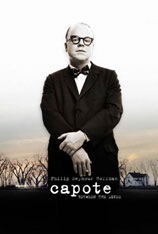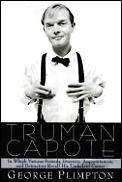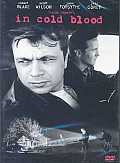Amen
Part of the natural coalition speaks.
The Democratic Party has cast off in word, deed and, worse!, in silence the old partners in the Civil Rights coalitions. They never developed a populist economic message to extend to the South post Reagan… over and over thru decades they enabled. Gays were neglected, sold out…. Don’t ask don’t tell. Carter telegraphed Clinton immediately upon election advising him to open mil service to gays thru executive order. Move swiftly Carter advised, the nation would survive and over 4 years he would indeed be re-elected.
Civil Rights.
The great umbrella under which we might all have stayed Democrats (and slept at night). Or been independent but honest partners of a modern Democratic Party. One with broad coalitions.
Read this from Glen Ford and Peter Gamble of the Black Commentator and hear the reverberations. I have sent it to the DC office of Senator Obama (from his recent missive):
And further, it will require us to innovate and experiment with whatever ideas hold promise (including market- or faith-based ideas that originate from Republicans).
As well as to my representatives, Dianne Feinstein, Barbara Boxer and Nancy Pelosi.
And to Harry Reid. Who should go back to NV if he will not assist in mounting a Democratic challenger to Ensign.
Who are these people that they lecture us.
Read More





